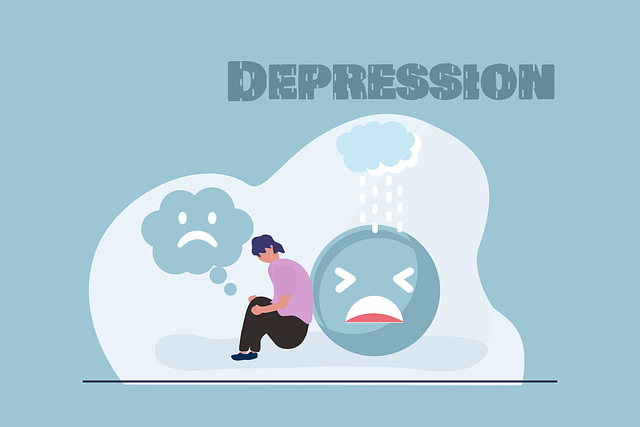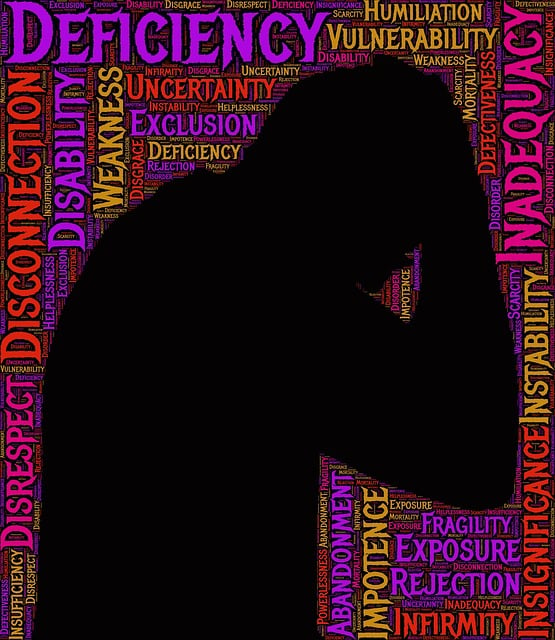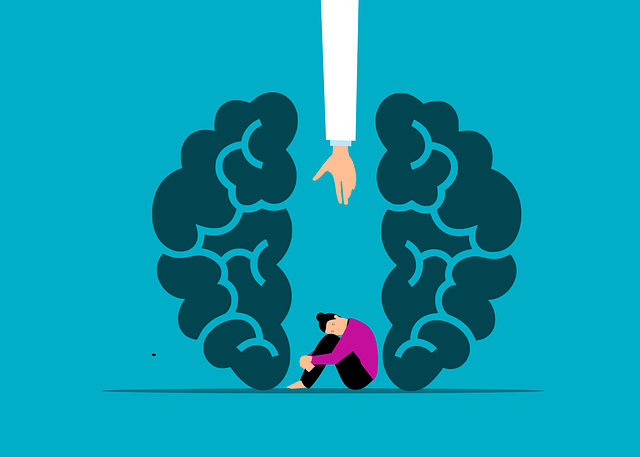Englewood Functional Neurological Disorder Therapy offers tailored stress management workshops that address diverse needs and cultural perspectives, combining practical strategies with evidence-based techniques. Their programs empower individuals to overcome stress triggers, learn effective coping mechanisms through mindfulness exercises, and foster emotional healing. By recognizing varied cultural expressions of stress, these workshops enhance resilience, improve mental health, and provide lasting benefits for participants. For organizations, implementing similar workshops involves assessing workforce needs, tailoring topics, evaluating engagement and knowledge retention, and collecting feedback to cultivate a healthier, more productive environment centered around Mind Over Matter principles.
Stress management workshops are powerful tools for improving mental well-being. This article explores the comprehensive guide to organizing such sessions, focusing on Englewood Functional Neurological Disorder Therapy techniques. We’ll delve into the science behind stress, its daily impact, and how workshops can be designed to offer effective relief. From creating engaging content to measuring success, learn strategies to implement tailored programs for better mental health outcomes.
- Understanding Stress and its Impact on Daily Life
- The Role of Workshops in Stress Management
- Designing Effective Stress Management Workshops
- Implementing and Evaluating the Success of Workshop Programs
Understanding Stress and its Impact on Daily Life

Stress is a ubiquitous part of modern life, yet its impact on our daily functioning is profound and often overlooked. It can manifest in various ways, from physical symptoms like headaches and fatigue to emotional ones such as anxiety and irritability. Understanding stress goes beyond recognizing these symptoms; it involves delving into the root causes that trigger them. This is where Englewood Functional Neurological Disorder Therapy steps in, offering a comprehensive approach to address not just the effects but also the underlying mechanisms of stress.
The workshops organized by this therapy center focus on empowering individuals with effective communication strategies and conflict resolution techniques. They also emphasize cultural sensitivity in mental healthcare practice, ensuring that participants learn in an inclusive environment. By combining these tools, attendees gain the resilience needed to navigate life’s challenges, thereby reducing the adverse impacts of stress on their overall well-being.
The Role of Workshops in Stress Management

Stress management workshops play a pivotal role in empowering individuals to take control of their mental well-being. These structured sessions provide a safe and supportive environment for participants to explore and understand their stress triggers and develop effective coping strategies. Through interactive activities, mindfulness exercises, and knowledge sharing, workshops facilitate emotional healing processes and foster mental health awareness.
Englewood Functional Neurological Disorder Therapy, for instance, leverages workshops as a tool to teach participants how to recognize and modify unhealthy thought patterns and behaviors contributing to stress. By focusing on emotional regulation, these sessions help individuals build resilience, enhance coping mechanisms, and ultimately lead more balanced and fulfilling lives.
Designing Effective Stress Management Workshops

Designing effective stress management workshops requires a holistic approach that caters to diverse needs and backgrounds. At our Englewood Functional Neurological Disorder Therapy center, we focus on creating interactive sessions that combine practical strategies with evidence-based techniques. Mental wellness journaling exercises and guidance on stress reduction methods are integral parts of these workshops, ensuring participants gain tangible tools for coping with daily pressures. By integrating risk assessment principles for mental health professionals, we enhance safety and foster a supportive learning environment.
Cultural sensitivity in mental healthcare practice is another key consideration. We tailor our workshops to be inclusive and respectful of different cultural perspectives, recognizing that stress manifest differently across communities. This nuanced approach not only broadens the appeal of our programs but also maximizes their impact, providing lasting benefits for participants from diverse backgrounds.
Implementing and Evaluating the Success of Workshop Programs

Implementing Stress Management Workshops involves a strategic approach to foster a culture of well-being within organizations. These workshops, designed by experts like those specializing in Englewood Functional Neurological Disorder Therapy, should incorporate evidence-based techniques and interactive activities. Start with assessing the unique needs of your workforce through surveys or focus groups. This data guides curriculum development, ensuring relevant topics such as mindfulness, stress-reduction strategies, and self-awareness exercises are tailored to address specific workplace challenges.
Evaluation is key to measuring the success of these programs. Track participant engagement, knowledge retention, and behavior changes post-workshop using pre and post-assessments. Additionally, collect feedback through surveys or one-on-one interviews. By examining improvements in work performance, employee satisfaction, and reduced absenteeism, organizations can validate the effectiveness of their Stress Management Workshops Organization, ultimately cultivating a healthier, more productive environment centered around Mind Over Matter principles.
Stress management workshops play a pivotal role in empowering individuals to navigate life’s challenges. By understanding stress, its sources, and impact, these workshops equip participants with practical tools to enhance their well-being. Through structured designs, effective techniques, and evaluation, programs like Englewood Functional Neurological Disorder Therapy offer sustainable solutions for better mental health. Incorporating these workshops into daily routines can foster resilience, leading to a healthier, happier life.














